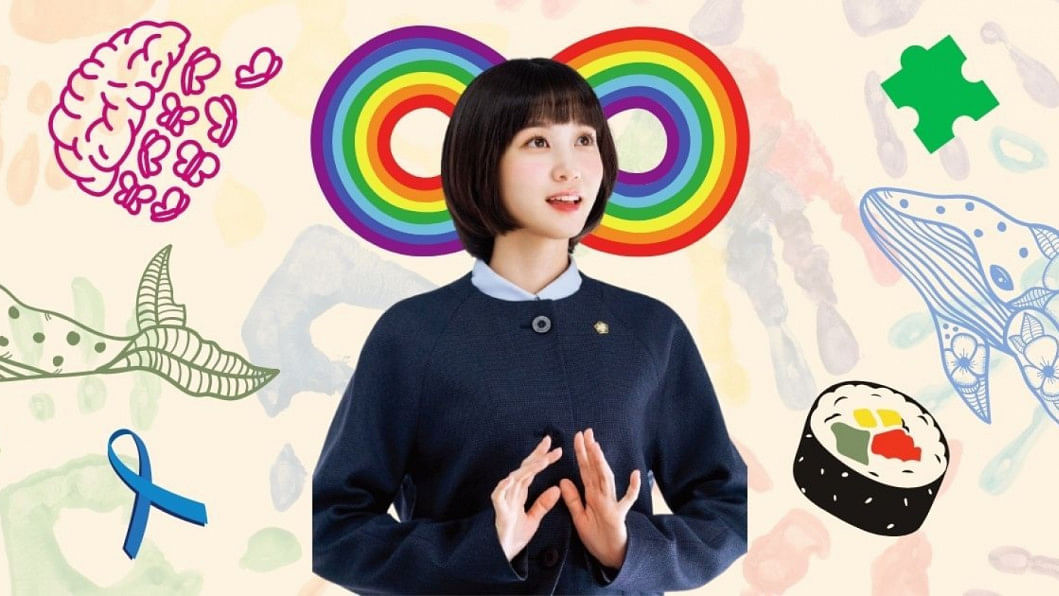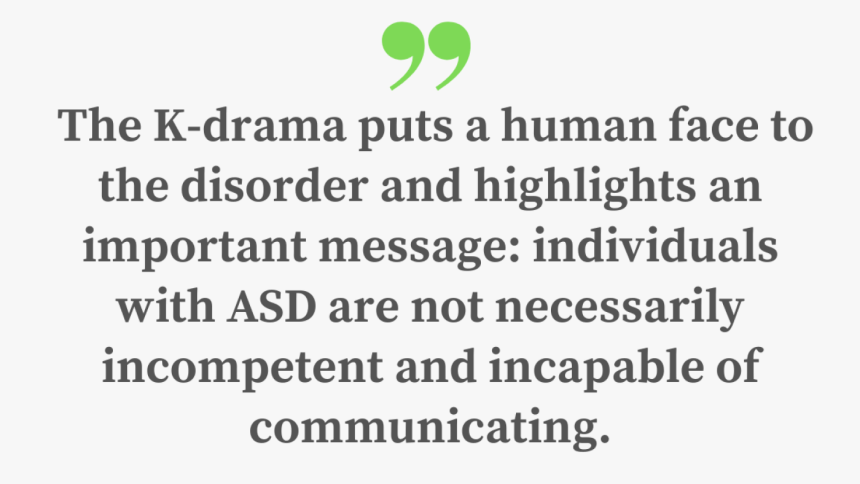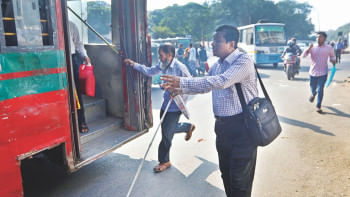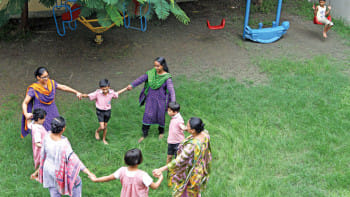How reality could imitate representation

I had a whale of a time watching Extraordinary Attorney Woo. Those who have watched this popular South Korean drama portraying a young autistic lawyer must have noticed my wordplay on "whale." The central character of the drama, who has Autism Spectrum Disorder (ASD), has an obsession with whales. Although she has never seen mammals in her real life and abhors the idea of seeing the animals in an aquarium, she constantly equates her situation with the deep-sea species. Woo's affinity with the mammal is further accentuated by her eating habit which includes kimbap – seaweed-wrapped rice rolls. Every day, her father packs her lunch of perfectly sliced rolls, knowing that it is important for his daughter to have food where all the ingredients are visible.
I got hooked on the series after watching the first episode primarily because of the father-daughter bonding. My daughter, who has grown up to be a fine young woman pursuing her career overseas, has had an obsession with sharks ever since she watched Jaws as a child, and prefers eating only chicken curry, rice and daal. Somehow, the series struck a paternal chord in me as I allowed myself to be educated on developmental disabilities that are often considered taboo in our society. There have been many occasions when I turned away from movies or texts dealing with a mental disorder as they made me uncomfortable. I am not unique in my denial of learning about autism.
We hear of the struggles that our friends, relatives or colleagues are facing, only to indulge in customary pep talks or to shy away from the topic. We breathe a sigh of relief, thanking our luck for not having to go through the terrible troubles of paying for extra care or finding special schools for our children. The K-drama puts a human face to the disorder and highlights an important message: individuals with ASD are not necessarily incompetent and incapable of communicating. Often, they develop special characteristics and are misunderstood by the people who surround them. The signs of disorder in children with ASD become visible when they start talking. However, the extraordinary characteristics of some of these individuals can be nurtured through timely interventions and familial care. Like Woo, they can be prepared for life by making significant contributions to society.
Attorney Woo's extraordinary memorising skills and photographic memory help her to attend the prestigious Seoul National University and attain a perfect score in her bar examinations. Due to the taboo that persists in South Korea, she finds it difficult to get a job with her communicative disorder. An owner of a leading law firm has a vested interest in giving Woo the necessary opportunity to prove herself in the professional field. The drama of political intrigues and unquenched romance humanises ASD and draws attention to a cause that otherwise would have been met with ignorance and indifference.
I was so excited by the series that I even posted my reaction on Facebook, only to realise that this series has been a crowd-puller. Such reactions made me distinguish my two selves. In my professional life, I often come across students with autistic characteristics who fail to fit in with their classmates. They sometimes become subjected to humiliation or bullying, notwithstanding our institutional policy of inclusion and plurality.
The simple fact is that not all teachers and students have the empathy to accommodate people with different abilities. Yet, in my "personal" self, I, like my Facebook friends, was ready to imagine an ideal scenario where we would desire an extraordinary character like Attorney Woo to succeed in her profession, fall in love, and live a normal life.
The challenge for us is to curate the second self, the inner goodness in us that often loses its way when faced with reality. Parents of autistic children are told to place their children in mainstream schools for faster social assimilation. But our mainstream system, notwithstanding the national policies adopted in 2013, is far from ready to provide space to those who are different. Many parents conceal the neurological diagnoses of their children from their friends and relatives. Some secretly blame themselves or their luck for their "misfortunes."

The stigma is probably responsible for the lack of data to reflect the real extent of ASD in Bangladesh. According to several surveys, about 0.17 percent of the population is diagnosed with ASD in Bangladesh. The rates are higher in some other countries as they have more rigorous and regular measurement systems of child development and functioning.
In Bangladesh, Shuchona Foundation stands out for its remarkable efforts in spreading awareness about autism in the country. It was instrumental in pursuing some key policy-level interventions. The endorsement of the disability rights law and the neurodevelopmental disability protection law are cases in point. Initiatives are now underway to amend the laws to align our national policies with the international goals of the United Nations Convention on the Rights of Persons with Disabilities (UNCRPD).
The success of the K-drama shows that social awareness can be boosted through the use of new media. The Netflix series has shed light on different issues related to discrimination against people with disabilities, including autism. Conversely, the naivety of the central character has allowed the filmmaker to make some social commentary that would have been difficult to articulate through a "normal" character. For instance, in one episode, Attorney Woo fights and wins a case against religious extortion in the name of protecting a temple site from tourism. She thus acts like Bibek (conscience) in our traditional jatra or the Fool in a Shakespearean drama. The wise-fool paradox in a character with ASD demands further discussion and illustration. One awaits the day when a character like Woo from Bangladesh will win our national hearts and impress the global audience.
Dr Shamsad Mortuza is a professor of English at Dhaka University.

 For all latest news, follow The Daily Star's Google News channel.
For all latest news, follow The Daily Star's Google News channel. 










Comments